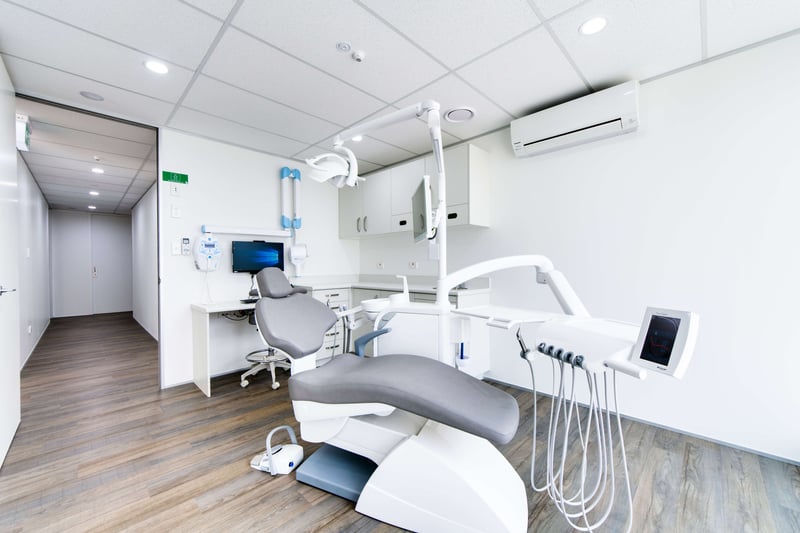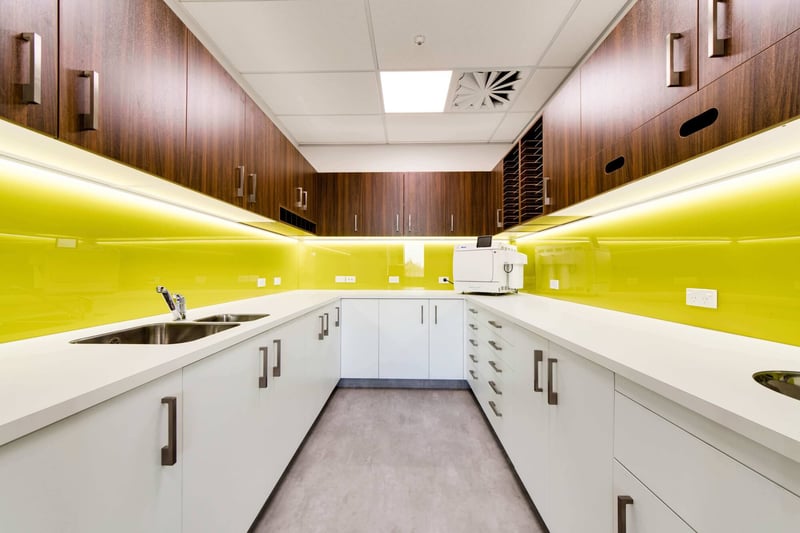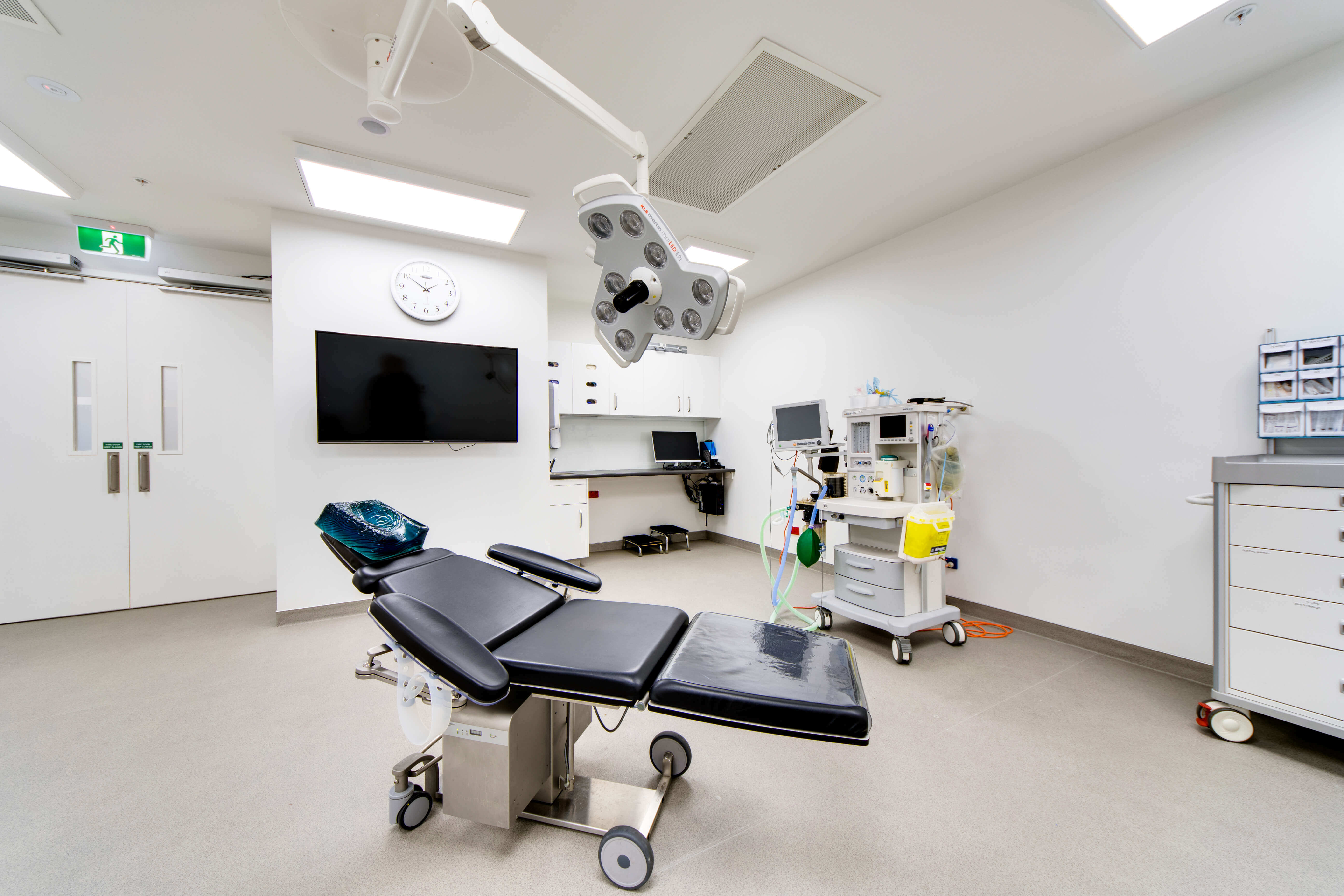Buyer beware: Dangers when purchasing an existing dental practice
When purchasing an existing dental practice, it's important to be aware of the unexpected 'blind spots' that may appear during the process. In this blog, we cover some of the issues that new owners can face when purchasing a practice, including common contractual and handover assumptions or misrepresentations, and how these can be overcome to ensure a smooth ownership transition and sound, long-term business investment.
Identifying issues that may not be obvious initially is critical. Otherwise, these may have a detrimental impact on you after the purchase is complete. By doing your due diligence, paying attention to detail and carefully deliberating over the questions listed below, you'll have all the information you need to make an informed decision.

Do you know exactly what you're paying for?
Before you complete the purchase, it's important to get a detailed list of what specifically is included in the sale price. Don't assume that anything is included unless it is written down in the sale and purchase agreement. For example, check whether the price includes all physical assets such as plant and equipment (including handpieces, forceps, rotary machines etc), stock, premises, and intangible assets, which are also known as goodwill. You should also review any existing contracts, such as those with suppliers, landlords and key customers. Check their duration, whether the terms are fair, and whether there are clauses that could present problems in the future.
Have you evaluated the goodwill of the practice and identified if a restraint on trade clause is necessary?
Goodwill represents the potential future earnings that the business is likely to produce, and compensates the previous owner for the work they have done to generate a profitable revenue stream. It recognises the work the owner has done in choosing the right location, recruiting and training staff, establishing supplier contracts, developing a credible and trusted brand and developing a loyal customer base, among other factors. Evaluating the importance of the goodwill a business has with an accountant is important, as it can be hard to put a financial value on this.
With many loyal customers and employee relationships on the line, implementing a handover period with the seller of around 1 - 6 months can also help to ensure a seamless transition and builds trust through the outgoing owner publicly endorsing your work.
Adding a restraint of trade clause in the sale and purchase agreement is also an important consideration, particularly if a significant portion of the business is associated with goodwill. This prevents the previous owner from selling their business to you and then setting up a competing dental practice next door which can have a harmful long-term impact on your revenue.
Will the practice be able to operate in the same location long-term?
Lease agreements
If the dental practice is operating in a leased location, it's important to consult your lawyer and potentially a real estate agent to check the agreement on the premises. You should confirm that the lease can be reassigned, that the terms are acceptable, and check for competition clauses in your immediate vicinity. It may also help to establish if the rental agreement gives you the ability to make changes inside the dental practice to upgrade the space. For more information regarding this process and to learn how Dentec can assist with these agreements, you may find our blog on navigating lease negotiations for your new dental practice helpful.
Location
When it comes to purchasing a dental practice, it's critical to research if there are any concerns with the location or big upcoming changes planned in the foreseeable future. This will include checking with your local council for any planned developments nearby, long-term roadworks projects in the vicinity that may disrupt access, or a new bypass being put in to skip the area. Although these may be unpredictable, doing your homework here will ensure that you have avoided any obvious issues that you were unaware of.
Resource & building consents
You can also check with your local council and the real estate agent that the dental practice has the correct resource and building consents in place to be able to operate in their current location, as this will avoid any challenges later on. To learn more about this process and the requirements involved, check out our Consents for a new dental practice blog.

Has the financial information provided been carefully analysed?
When you're looking to purchase a new dental practice, make sure you ask for a comprehensive financial history of the business so you know what you're getting yourself into. You will typically be asked to sign a confidentiality agreement at this stage to ensure their information remains private and cannot end up in the hands of competitors. With the Covid-19 pandemic causing fluctuations in business operations throughout the world, it's also important to factor in a consistent time period when comparing financial data to ensure accuracy.
Keep in mind that the seller will always want to put their best foot forward and present the business in the best light during the purchasing process. Therefore it's critical that you do your due diligence and don't just accept the information the previous owner provides you. Misrepresentations can occur in this area, for example, you may be led to believe that the financial position is more stable or that the client base is of higher quality than it actually is.
However financial manipulations of these kinds can typically be detected by a professional, therefore it's important to seek the advice of your accountant if you're considering purchasing a practice to avoid future disappointment. Don't skimp when enlisting experienced professionals to help you either, as it can be much more costly in the future if you make a poor purchasing decision.
Have you done thorough market research and recognised growth opportunities?
Gaining an understanding of the market will help you recognise the growth opportunities for the practice you are looking to purchase. Research as much as you can about the characteristics of the dental industry, such as current patient demand, local and international trends and technological developments. This may include asking yourself:
- Who is the current focus demographic of the practice, and is the population of the area growing?
- How saturated is the dental market in that location and are all specialities covered?
- What are the prices and strengths/weaknesses of your nearby competition and are you able to recognise points of difference?
- How satisfied are the current patient base with the service they are receiving? To gather an understanding of this, you can ask around the community, check with suppliers and read online reviews.
While it's important to feel confident that the practice you are intending to purchase will deliver the same financial results as it did previously, most buyers will also be looking for businesses that they can grow and improve. Our options for expanding your dental practice blog outlines some of the key ways that this can be achieved, including; diversifying the practice's treatment options to specialise in other areas, increasing the practice's opening hours, targeting a different market, relocating to a larger premise, hiring additional staff, opening a second practice or renovating the practice to allow for higher patient turnover.
However, it's important to take your time to get to know the practice ins and outs after settling in the purchase and not make any hasty decisions. Implementing immediate changes, such as fee increases, administration updates (payment windows, differing open hours, additional admin fees etc) may result in complaints and losing patients, even if the changes were necessary.

When it comes to purchasing a new dental practice, we recommend doing your own thorough research before signing the contract to avoid some costly and frustrating surprises. It's uncommon for the owner of a successful practice to sell, other than due to retirement, so if they're on the market it's best to understand the 'why' behind their decision. The more you can learn about the investment and expert advice you seek via your accountant, lawyer, business advisor, and also other practice owners (if the contractual confidentiality clause allows), the better position you will be in to make an informed decision.


